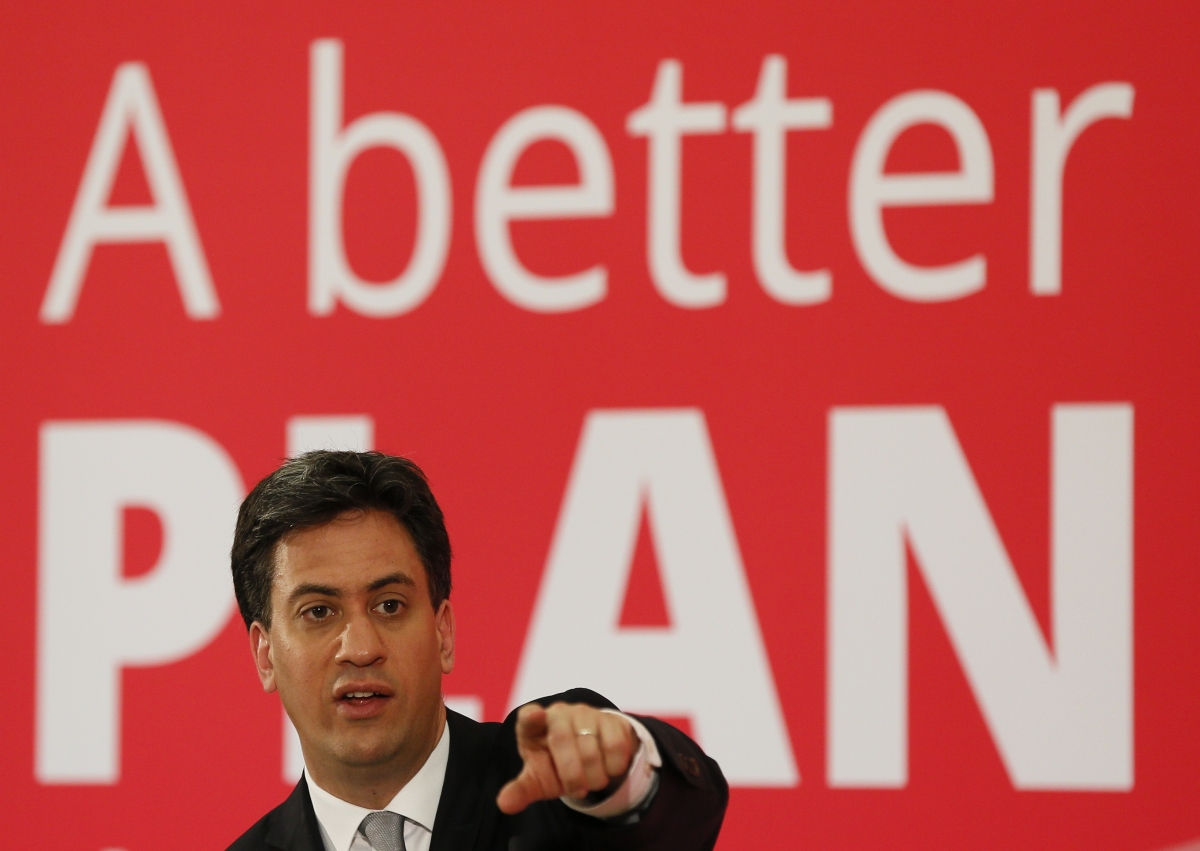1/
As lakhs of Britons are set to vote in the most closely-contested elections in the United Kingdom in decades, polls are pointing towards a 'hung' assembly. And it will be uncertain till the last minute as to who will head the country.
It is a close match between Conservative Party head David Cameron and Labour Party's Ed Miliband.
Also in the fray are the Liberal Democrats, the Scottish National Party, which wants independence for Scotland, and the UK Independence Party, which is against immigration.
Before UK goes to polls on 7 May, here are some interesting facts you should know about the UK elections 2015:
- The results of this election will possibly determine whether the UK remains a part of the European Union or not. David Cameron has promised to conduct a referendum on the issue if he is elected to power.
- Both the Conservatives and the Labour Party are not expected to win majority, and will have to get support from other parties. The magic number for majority is 326 out of 650 seats in the British House of Commons.
- Conservatives and the Labour Party are going neck-to-neck, with a YouGov poll on Tuesday showing that both are tied at 33%. The UK Independence Party (UKIP) stands at 12, while the Liberal Democrats at 10.
- The Scottish National Party is expected to become the third largest party in the United Kingdom. SNP and it's leader Nicola Sturgeon's popularity soared since the Scottish referendum last year, though they lost the bid to separate Scotland.
The party is expected to win almost all 59 seats in Scotland, which represent 9% of the House of Commons.
- If Nicola Sturgeon does become the kingmaker, she is most likely to support the Labour Party to form the next government.
However, Miliband has said he would rather form a minority government than join hands with the SNP.
- In another twist, the Liberal Democrats, which had formed a coalition government with the Conservatives in 2010, is now open to forming a government with the Labour Party, and the latter is reportedly considering the option.
- In case of a hung assembly, David Cameron will get a chance to stay on as prime minister if he can whip up a majority. If he fails, Miliband gets the job. The leader of the party has to inform the Queen of a majority after which she will authorise the new government.
- While Cameron has pledged a five year 'tax-lock' if he comes to power, Miliband has promised to slice tuition fees.
"I will cut tuition fees. If I don't do it, I won't stand for PM in five years. There should be consequences when people's trust is let down," Miliband had tweeted.
- The voter turnout could make a huge difference to how the parties fare on D-Day. In 2010, 65.1% of the electorate had turned out to vote. This time, some projections earlier this year had shown that only 50% will cast their votes. The figure is likely to increase, especially after a record 4,69,000 people registered to vote online in a single day on 20 April, when the deadline closed.
- The royal family, headed by the Queen, will not vote, though they are not restricted from voting.
'Although the law relating to elections does not specifically prohibit the Sovereign from voting in a general election or local election, it is considered unconstitutional for the Sovereign and his or her heir to do so. As Head of State, The Queen must remain politically neutral, since her Government will be formed from whichever party can command a majority in the House of Commons," the website of the British monarchy says.











